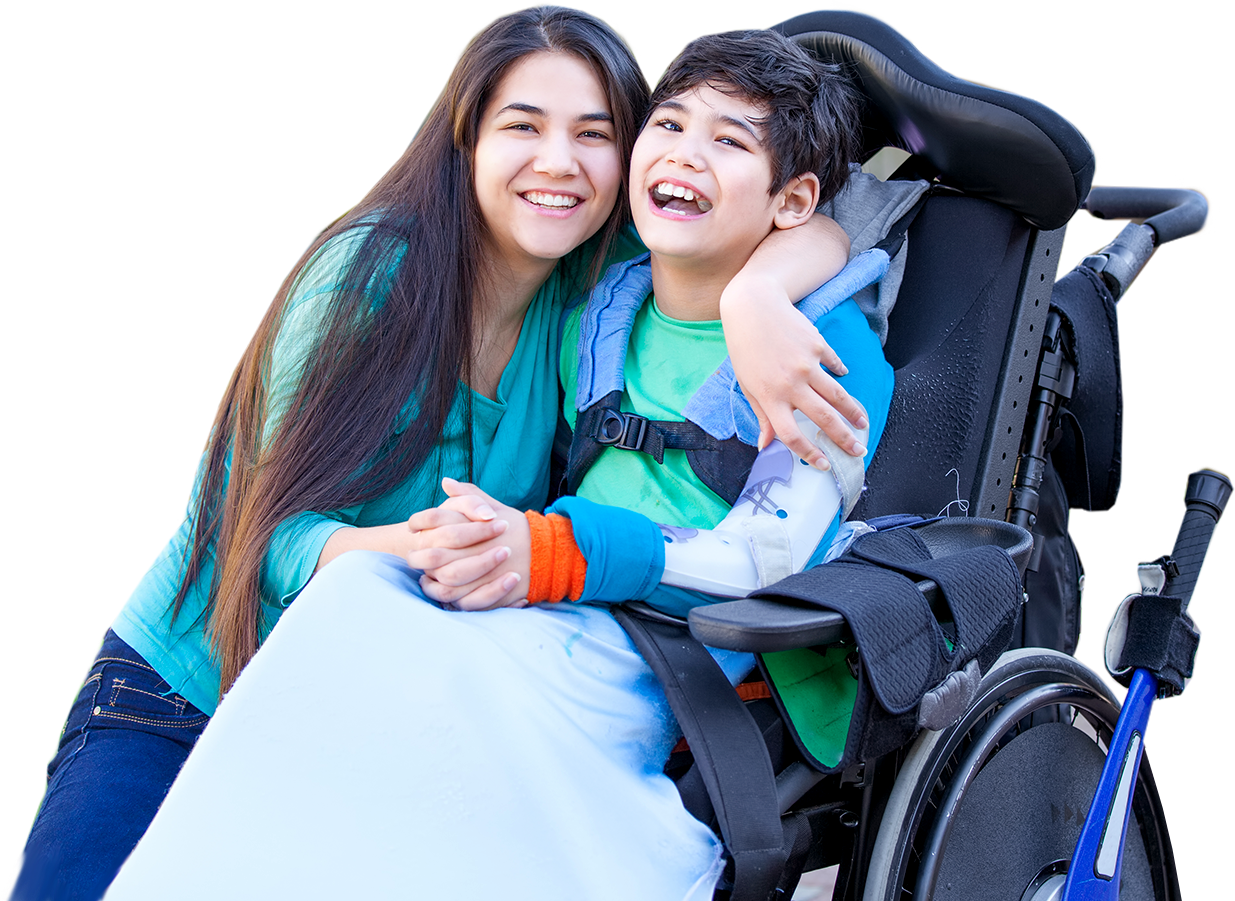Cerebral Palsy Diagnosis
advice to better care for your child

- Alternative
- Assistive Technology
- Associated Conditions
- Birth Injury
- Causes of Cerebral Palsy
- Cerebral Palsy Diagnosis
- Cerebral Palsy Information
- Cerebral Palsy Therapies
- Cerebral Palsy Treatments
- Child Development
- Doctor Visits
- Education
- Equipment
- Featured
- Legal Help
- Medical Research
- News
- Patient Care
- Prenatal Care and Childbirth
- Stories
- Tips for Parents
- Types of Cerebral Palsy
- Updates
Posts in 'Cerebral Palsy Diagnosis'
Is Cerebral Palsy Caused at Birth?
A vast majority of cerebral palsy cases will occur before birth, while a baby is still in the womb. In fact, some organizations show that this number might be as high as 70%. When cerebral palsy is caused in the womb or during childbirth, it’s called “congenital” cerebral palsy. A much smaller portion of cerebral... Read More
Potential Signs of Cerebral Palsy in 7-8-Month-Olds
Most children in the United States are not diagnosed with cerebral palsy until they are 2 years of age, on average. However, many children show signs of this condition at a much earlier age. Early diagnosis often leads to better outcomes as children can enter early intervention programs sooner. Take a closer look at some... Read More
What Are the Potential Signs of Cerebral Palsy in 9-12-Month-Olds?
The time leading up to a baby’s first birthday is very exciting for many families. However, it’s also a time that some parents realize their child isn’t meeting common developmental milestones. The following behaviors could be a sign that your 9- to 12-month-old child has cerebral palsy. Motor Skill Difficulties in 9- to 12-Month-Olds Most... Read More
What Are the Potential Signs of Cerebral Palsy in 5-6-Month-Olds?
Cerebral palsy (CP) happens when brain damage affects an individual’s ability to control muscle movements adequately. Several conditions can result in this type of brain injury, including lack of oxygen, maternal infection, head injury, bleeding in the brain and problems with blood supply getting to the brain before birth. While some families may receive a... Read More
Potential Signs of Cerebral Palsy in 3-4-Month-Olds
Cerebral palsy (CP) is a disorder that affects brain development and typically results in movement issues and abnormal muscle tone that can affect a child’s motor and normal developmental skills. CP is often caused by complications during labor and delivery, or circumstances immediately after birth. While it’s possible for a child to receive a CP... Read More
What Are the Potential Signs of Cerebral Palsy in Infants and Toddlers?
Cerebral palsy is typically characterized by a child’s inability to control their muscles, and it may be first apparent in a child’s struggle to achieve developmental milestones. Sometimes, CP is the result of brain damage sustained during labor and delivery. While some children with CP receive a diagnosis in the first few months of birth,... Read More
Can Low Apgar Scores Be an Indication of Cerebral Palsy?
Healthcare professionals evaluate newborn babies, grading them with Apgar scores, an assessment that analyzes their appearance, responsiveness and general condition shortly after birth. In this article, we take a closer look at the connection between low Apgar scores and cerebral palsy. What Is an Apgar Score? The Apgar score—developed in 1952 by Dr. Virginia Apgar—is... Read More
How to Determine the Severity of Your Child’s Cerebral Palsy
Cerebral palsy (CP) is a condition caused by brain damage that affects muscle control and coordination, purposeful movement, and balance. Most injuries leading to cerebral palsy occur in a fetus or newborn’s developing brain. While early signs can indicate a child has cerebral palsy, many are not visible at birth and only become obvious as... Read More
Potential Signs of Cerebral Palsy in 17-24-Month-Olds
Doctors typically diagnose cerebral palsy in children after they reach 2 years old. That’s because many of the signs of cerebral palsy become more pronounced around a child’s second birthday. However, it is possible to receive a diagnosis before your child’s second birthday. Discover some of the most common potential signs of cerebral palsy in... Read More
Potential Signs of Cerebral Palsy in Newborns
Cerebral palsy (CP) affects motor skills, movement, and muscle tone while hindering the body from moving in a purposeful and coordinated way. It may also affect other body functions involving muscles and motor skills like talking, bowel and bladder control, eating, and breathing. Cerebral palsy signs newborn babies may exhibit are often the result of... Read More
